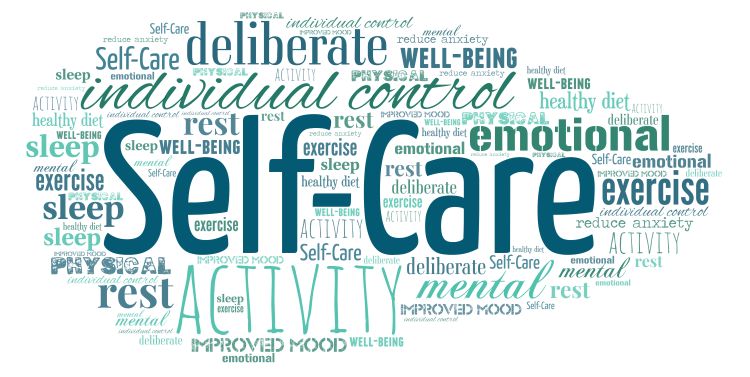Arogya tips.. for Self-Care
Ultimate Guide to start selfcare


Starting a self-care routine can greatly contribute to your overall well-being and happiness. Here's an ultimate guide to help you get started:
1. Understand Self-Care:
Self-care is about taking intentional actions to nurture and prioritize your physical, mental, and emotional well-being.
Recognize that self-care is not selfish; it's a necessity for maintaining a balanced and fulfilling life.
2. Assess Your Needs:
Identify areas in your life that require attention and care. These could include physical health, mental health, relationships, relaxation, creativity, and more.
3. Create a Self-Care Plan:
Develop a personalized self-care plan based on your needs and preferences.
Make a list of activities that make you feel good, relaxed, and rejuvenated.
4. Prioritize Self-Care:
Make self-care a priority. Schedule it into your daily or weekly routine.
Treat self-care appointments as important as any other commitments.
5. Physical Self-Care:
Get enough sleep to ensure physical and mental rejuvenation.
Engage in regular exercise that you enjoy, whether it's yoga, jogging, dancing, or any other activity.
Eat a balanced and nutritious diet to fuel your body.
6. Mental and Emotional Self-Care:
Practice mindfulness or meditation to reduce stress and anxiety.
Engage in activities that stimulate your mind, such as reading, puzzles, or learning something new.
Keep a journal to express your thoughts and emotions.
7. Emotional Well-Being:
Surround yourself with positive people who uplift and support you.
Learn to set healthy boundaries in relationships to prevent burnout.
8. Relaxation and Pleasure:
Engage in activities that bring you joy, whether it's watching movies, taking baths, or listening to music.
Spend time in nature or outdoors to recharge.
9. Unplug and Disconnect:
Take breaks from technology and social media to reduce stress and reconnect with yourself.
10. Practice Gratitude:
Cultivate a gratitude practice by acknowledging the positive aspects of your life.
This can help shift your focus from what's lacking to what you have.
11. Learn to Say No:
Don't overcommit yourself. Learn to say no when you need to.
Prioritize your well-being and avoid burnout.
12. Seek Professional Help When Needed:
If you're struggling with your mental health, don't hesitate to seek help from a therapist, counselor, or mental health professional.
13. Be Patient:
Building a self-care routine takes time. Be patient with yourself and allow room for adjustment.
Remember, self-care is unique to each individual. What works for one person might not work for another. The key is to be attentive to your own needs and consistently make choices that support your well-being. Adjust your self-care routine as needed and keep exploring new activities to keep things fresh and enjoyable.

